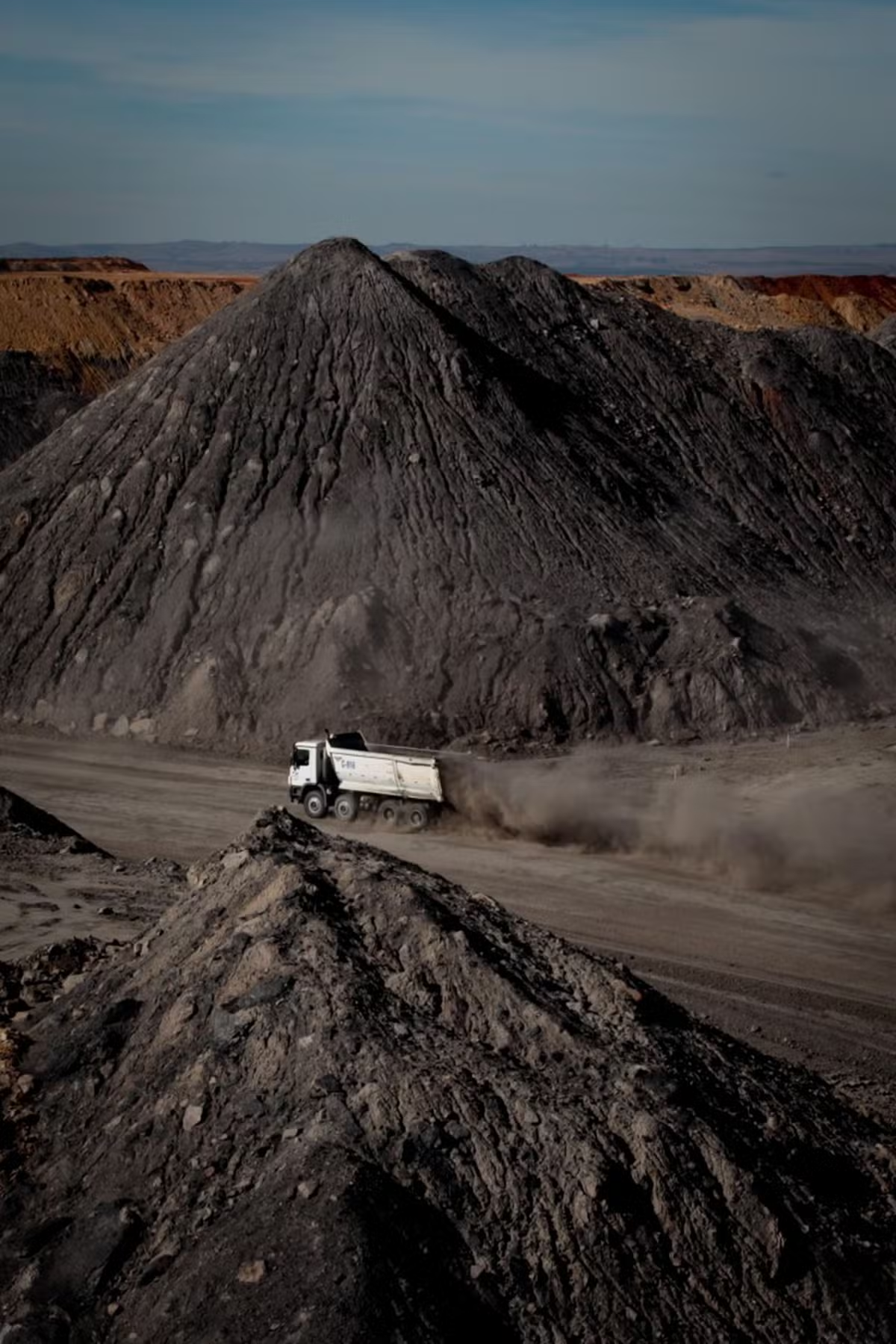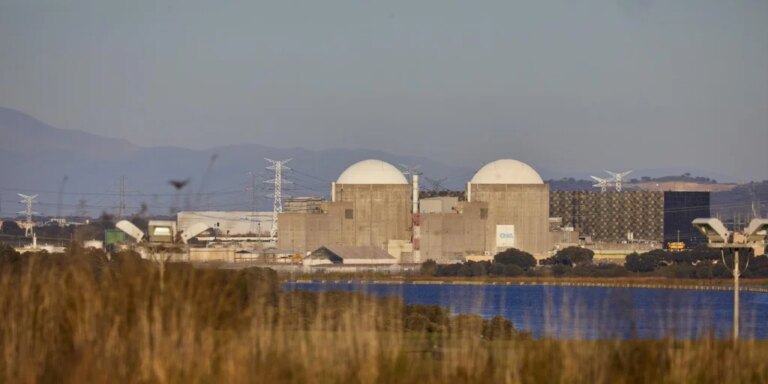
- COP30: The worst climate contradiction is on Lula’s table.
- Belen and the future of humanity: Even if the world expands renewable energy without replacing oil and coal, it will not address the root causes of global warming.
In July 2025, the Alayala International Institute formally requested that the process be archived, claiming that the company’s environmental impact assessment (EIA) showed significant technical flaws, omissions, and a lack of less intensive alternatives in water use. For the institute, this decision marks the end of the cycle of mineral and coal expansion in federal licensing and strengthens the mobilization of civil society into the clean energy matrix.
— The project was technically inconsistent, socially unjust, and environmentally unfeasible. In the midst of COP 30, there is much to celebrate with the display of the Ouro Negro thermoelectric power plant. This is more than an administrative decision by Ibama, it is a milestone in the fight for the beginning of the end of the coal era in Brazil, says Giuliano Bueno de Araujo, technical director of Arayara and advisor to the National Energy Transition Forum (Fonte) and the National Environmental Council (Conama).
He added that the decision strengthens the federal agreement that the Alayala Institute and the Mineral and Coal Observatory, in collaboration with dozens of organizations, will launch at COP 30 on November 18 at the Amazon Climate Hub. The agreement proposes eliminating new coal-fired power plants in the country, including coal chain workers in public policies for a just energy transition, and eliminating financial subsidies for the coal chain industry.
The Ouro Negro project envisaged the installation of a 600MW coal-fired thermal power plant in an area already classified as critical in terms of water availability by the National Water Agency (ANA). Since 2016, the agency has rejected requests to recover water, citing the project’s environmental risks.
John Uldig, Arayala’s energy transition manager and member of the Observatory of Minerals and Coals (OCM), explains that Ihama had already identified relevant concerns in its risk and emergency plans, such as inadequate fire suppression systems and a lack of animal protection measures. Ouro Negro Energia was notified in August 2023, but the process was stopped because it did not present the required supplements. After two years of inactivity, the case was archived by the Coordination of Environmental Licensing for Energy Generation from Renewable and Thermal Sources (COERT) of Ibama in accordance with Normative Instruction No. 184/2008.
All eyes now turn to President Luiz Inácio Lula da Silva, who is set to sanction 1,304 interim measures in the power sector by the 18th, including extending subsidies for coal-fired power plants until 2040. According to calculations made by the Arrayala Institute at the request of the blog, this expansion could cost Brazilian consumers between 76 billion reais and 107 billion reais, without taking into account the environmental impact and health hazards of those affected. population.
-In particular, President Lula is expected to veto the expansion of coal subsidies as stipulated in Delegate No. 1,304, especially since he has already vetoed the law on offshore wind power, which has not yet been analyzed by Congress. We hope that the president will veto and that senators and congressmen will not override Mr. Lula’s veto of this member, and that they will preserve the coal veto of the offshore wind law, which has not yet been reanalyzed in Congress. After all, this measure is contrary to the public interest in increasing prices for electricity consumers, both domestic and industrial, and has a negative impact on prices and the competitiveness of the productive sector. And it expands fossil resource contracts, which is incompatible with Brazil’s international commitments and public policies on energy transition, climate change mitigation and matrix decarbonization, Urdig stresses.



